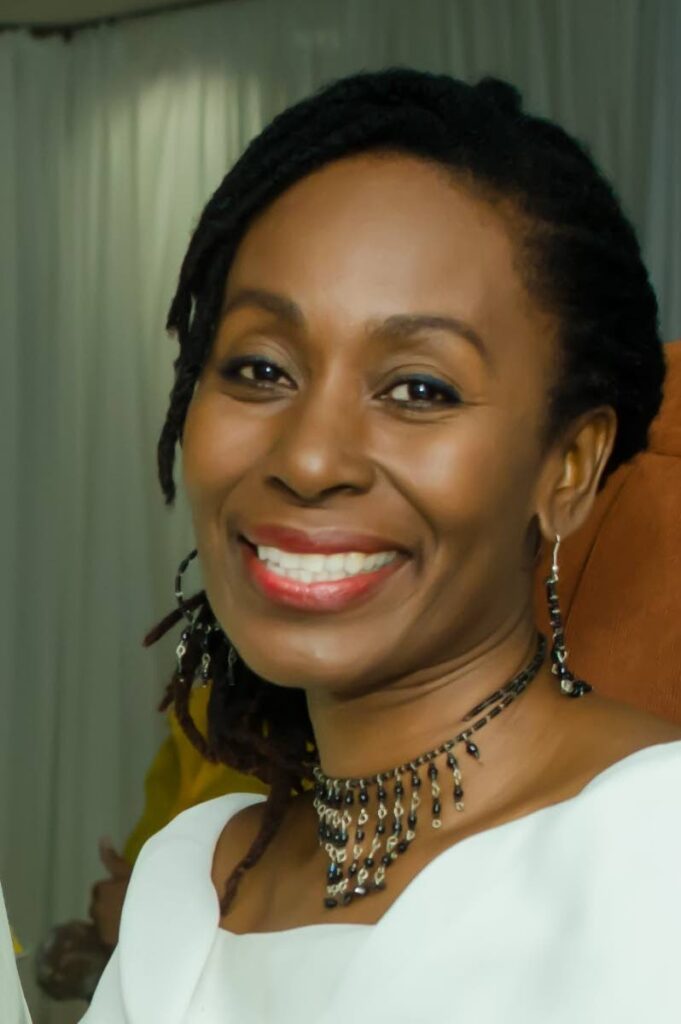Return Carnival to ritual of Emancipation

Culture Matters
Dara E Healy
“The Governor (Sir John Chancellor) eventually agreed to consider a suggestion made by M’zumbo Lazare that Carnival be confined 'to a particular area by which it could be easily and effectively controlled. He suggested the Queen's Park Savannah.' Chancellor’s greatest objection to the festival seems to have been the threat which he thought it posed to public order…”
– Gordon Rohlehr, Calypso and Society in Pre-Independence Trinidad
THE RECENT shooting of a young man at the Savannah is jarring. Another killing in this space during our festival is a violation of the sanctity that has been the centre of Carnival competition and artistry since the early 1900s.
As we contemplate the urgent need to keep everyone safe, now is a good time to expand the conversation to consider the future well-being of the entire Carnival industry.
This year, we are once again faced with a Carnival season that is shorter than usual because of the date on which Ash Wednesday falls, the beginning of 40 days of Lent in the Christian calendar.
There was time when the playing of calypsoes during Lent was considered extremely disrespectful. While it is no longer like that, we continue to force Carnival into a time frame that does not allow for predictability or more stability in the industry, while ignoring what it represented for our African ancestors.
Researchers have debunked theories that the Africans only celebrated Carnival after Emancipation in 1838. The dominant planter class controlled what enslaved peoples could do through restrictive laws and the police. For instance, Ordinance 4 of 1835 established a police force in Port of Spain. It banned masking and the playing of instruments traditionally used by Africans.
However, records from the early 1800s show Africans still practised their ancestral masking traditions. They engaged in kalinda or stickfighting and organised funerals with dancing and drumming to mark the end of Carnival.
The Africans celebrated freedom on August 1, 1838 with Cannes Brulees, a sacred re-enactment of the procession (Kambule), blowing conch shells, chanting and cracking whips as the enslaved walked to put out fires in the cane fields. This ritual would become the foundation of post-Emancipation Carnival celebrations.
Hollis "Chalkdust" Liverpool quotes a Dominican priest, Fr Bertrand Cothonay, who says that the former enslaved “resolved to celebrate each year this day, a solemn festival for perpetual memory.” Significantly, on August 1, the Africans selected a king and queen of their festival as they sought to reclaim their culture and their dignity. Predictably, the priest used words like “vile” and “bacchanal” to describe the three days of celebrations that he observed.
In the years after Emancipation, laws banning aspects of the African Carnival continued to be enforced. In 1884, ordinances banned Cannes Brulees, blowing horns, beating drums and more.
It is instructive that laws also appeared banning features of East Indian culture, as well as assigning Indian immigrants “to regulate and control the procession…” of the Africans.
I have taken the time to explain all of this to show how unnatural it is that every year we attempt to squeeze Carnival into a timeline that does not honour the ritual of the African commemoration.
Rather, our approach reflects a continued acceptance of colonial restrictions and punitive application of the law. This uncertainty affects Carnival practitioners, from access to performance spaces, financial resources and even the availability of performers.
Errol Hill said that “…Carnival is nothing if not licentious...Through parody, mockery and insult it challenges authority.”
The colonials were afraid of the potential of Carnival to challenge and erode their power. They also did everything to frustrate unity between the Africans and the Indians through policies intended to create divisions. However, we need not repeat these mistakes.
Our festival is already a unifying force, offering work and purpose to thousands of young people. It is a strong earner for our economy and its impact continues to grow internationally. We need to establish Carnival institutions that have a clear ideological focus and deep concern for the development of the people who create the mas.
And critically, we must return Carnival to the ritual of Emancipation. It is more than a choice. It is our duty to pay respect to the ancestors who fought to save their culture, their Carnival. Making this move will not solve all the challenges, but it will be a step towards reclaiming the appropriate spiritual energy that can keep us all safe.
Dara E Healy is a performance artist and founder of the Indigenous Creative Arts Network – ICAN


Comments
"Return Carnival to ritual of Emancipation"